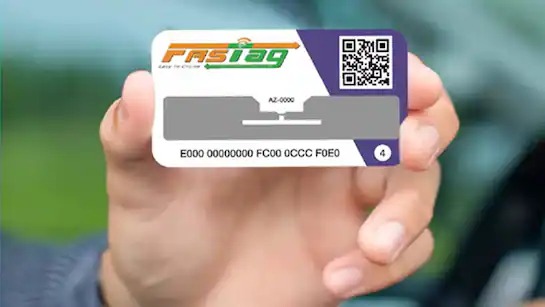₹3,000 FASTag Annual Pass Launched: Gadkari Vows Hassle-Free Journey On National Highways”
Available from August 15, the pass will provide up to 200 trips or a one-year validity for private vehicles and is intended to put an end to toll mayhem and decrease congestion.

New Delhi : In a huge relief to highway commuters, Union Road Transport and Highways Minister Nitin Gadkari on Wednesday said a “new FASTag-based annual pass” will ensure smooth travel on national highways at a cost of ₹3,000 for all but one trip.
The government, through an X (formerly Twitter) post, announced that the pass will be launched on August 15and will cover only non-commercial private vehicles. The pass will remain active for a year from the date of activation or 200 highway journeys, whichever is earlier.
“The annual pass will allow hassle-free and affordable travel on National Highways across the nation,” Gadkari said.
To make it accessible, the pass can be activated and renewed soon through the Rajmarg Yatra App and the official websites of NHAI (National Highways Authority of India) and MoRTH (Ministry of Road Transport and Highways).
Gadkari stressed that this project solves a public issue of long-standing regarding toll plazas up to 60 km and seeks to make toll collection easier by a single, reasonably priced transaction.
“By shortening waiting time, reducing congestion, and lowering conflicts at toll booths, the annual pass will provide a quicker and smoother travel experience to millions of private car owners,” he further added.
Toll Reforms in Action
Speculation was high last month about the new tolling model of the government. Two likely proposals had come up:
- Annual Pass: A standard ₹3,000 FASTag recharge for unlimited passage up to 200 trips.
- Distance-Based Tolling : ₹50 flat rate for every 100 km instead of dynamic toll charges at booths.
Though the “annual pass” is now official, there is no word on the distance-based model yet. The government also put on hold earlier a proposal for a **’lifetime FASTag’** at a cost of ₹30,000 and a 15-year validity period.
This step is in line with the government’s future vision to move towards GPS-based, barrier-free tolling systems, which will ultimately replace traditional toll booths with automated and sensor-based vehicle tracking.






One Comment